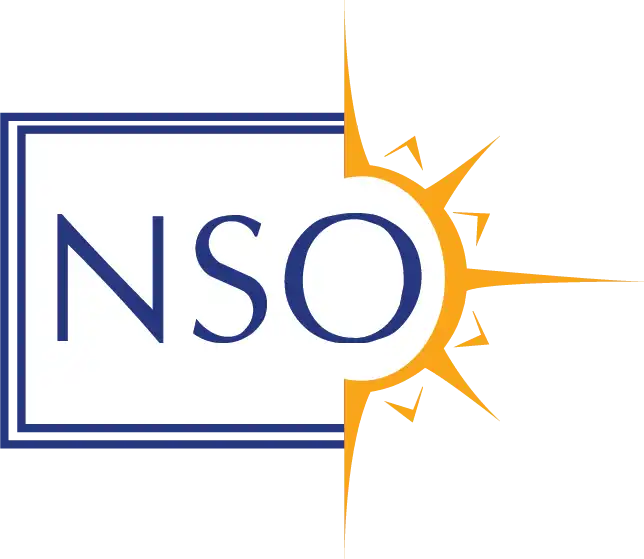Child & Family Service deploys model of care to break the cycle of poverty

Child & Family Service (CFS) hosted a lunchtime gathering of more than 30 local nonprofit leaders and partners in Waikīkī earlier this week to share its pilot program results of “Transition To Success” (TTS), which took place on Maui and Kauaʻi and showed statistical improvement in positive changes in the lives of its 986 participants.
TTS is an anti-poverty model of care that seeks to revolutionize how community-based organizations (CBOs) can combat generational poverty.
CFS deliberately measured the impact of TTS across social determinants over the three-year pilot period and concluded that the TTS model is a scalable, sustainable, measurable, multi-generational and transformational human services tool.
“The Transition to Success pilot program data clearly demonstrates transformative change that benefits Hawaiʻi’s people,” said CFS President and CEO Amanda Pump. “The time is now to start working collaboratively with other community-based organizations so we support more local families, changing the course of their life trajectory to achieve success.”

Due to the impact the model has made on Maui and Kauaʻi, CFS purchased 200 licenses and now hopes to quickly extend the reach of TTS statewide by allocating 60 licenses to collaborate with other nonprofits.
“This model will strengthen individuals and families by providing personalized supports,” said Pump.
The 21 social determinants of health represent life areas that assess conditions families and individuals are exposed to, such as mental health, childcare, income, parenting skills and housing.
Through self-assessment, participants address each of the 21 social determinants of health with personalized support, which includes coaching, mentorship, connecting to community resources and partnerships to focus on each life area and help place participants on a pathway to building a life of suitability and fulfillment.
Novelyn Hinazumi, Director of Kauaʻi Programs at Child & Family Service, said that the model changes the perspective of the participants and their view on their poverty situation.
“So many things are stacked against them,” Hinazumi said. “By changing the perspective of their situation and honing in on how it feels to live in poverty, this helps social services staff better understand what participants are going through.”
The model addresses basic needs, reviews assessments and surveys, and maps out dreams to better determine what participants want to work on such as housing or income, while outlining next steps to reach these goals. TTS doesn’t address one issue but helps to determine the underlying core issues.
“When I first started my journey with CFS, I felt hopeless with no sense of direction,” said Spirit Lahti, a TTS participant from Kauaʻi. “I am a domestic violence survivor and recovering addict, as well as a mother. I felt like CFS gave me that caring and compassionate side and I felt understood and safe, which you don’t really find when you’re in those kinds of situations.”
“Being a part of CFS, I came to the realization that I really want to be a part of helping other people and advocating through the same things that I have been through. I feel like that is a big piece of my heart and I really want to be a part of that. So, I would like to go back to school and hopefully one day be a part of CFS.”
Spirit Lahti, TTS participant
To faster deploy TTS statewide, CFS is offering 60 licenses to train other Hawaiʻi nonprofits this summer. Nonprofit organizations interested in learning more about the Transition to Success framework and obtaining a certification of the anti-poverty model and encouraged to complete and interest form here.
For more information on the TTS pilot study, visit https://www.childandfamilyservice.org/tts/









